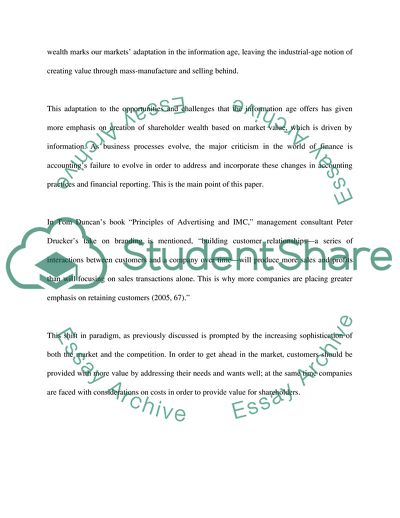Cite this document
(Doing Business: Accounting Profession Case Study, n.d.)
Doing Business: Accounting Profession Case Study. Retrieved from https://studentshare.org/finance-accounting/1720323-strategic-management-accounting-and-finance
Doing Business: Accounting Profession Case Study. Retrieved from https://studentshare.org/finance-accounting/1720323-strategic-management-accounting-and-finance
(Doing Business: Accounting Profession Case Study)
Doing Business: Accounting Profession Case Study. https://studentshare.org/finance-accounting/1720323-strategic-management-accounting-and-finance.
Doing Business: Accounting Profession Case Study. https://studentshare.org/finance-accounting/1720323-strategic-management-accounting-and-finance.
“Doing Business: Accounting Profession Case Study”. https://studentshare.org/finance-accounting/1720323-strategic-management-accounting-and-finance.


